President Raeisi calls on Switzerland, Europe not to cave under US pressures
Iranian President Ebrahim Raeisi has called on Switzerland and Europe not to capitulate under US pressures, saying Switzerland, which represents Washington’s interests in Iran, should play a more influential role in confronting the unilateralism of the United States.
“Switzerland has always played a positive role as to establishment and promotion of peace. We expect the country to maintain its independent role in the face of unilateral US policies,” Raeisi said as he received the credentials of the new Swiss ambassador to Tehran, Christian Dussey, on Monday.
He said Switzerland and other European countries must not be influenced by the United States’ pressures, in an apparent reference to Washington’s anti-Iran policies that also target third-party countries cooperating with Iran.
The Swiss diplomat, for his part, described Iran as a country with an ancient and brilliant civilization.
“Iran and Switzerland have had good relations in political, cultural, economic, and scientific fields for more than a hundred years,” Dussey noted, according to a readout of the meeting provided by the Iranian president’s official website.
He expressed hopes that Swiss companies and businesses would continue to operate inside Iran.
Former US president Donald Trump left the 2015 Iran nuclear deal, officially known as the Joint Comprehensive Plan of Action (JCPOA), in May 2018 and re-imposed the anti-Iran sanctions that the deal had lifted.
He also placed additional sanctions on Iran under other pretexts not related to the nuclear case as part of his “maximum pressure” campaign.
Following a year of strategic patience, Iran resorted to its legal rights stipulated in Article 26 of the JCPOA, which grants a party the right to suspend its contractual commitments in case of non-compliance by other signatories and let go of some of the restrictions imposed on its nuclear energy program.
Iran and the remaining parties to JCPOA have held six rounds of talks in Vienna, which began after the US administration of Joe Biden voiced willingness to rejoin the nuclear agreement, three years after Trump unilaterally withdrew the United States from the deal and reinstated crippling sanctions on the Islamic Republic.
While disagreements on key issues persisted, the participants took a break from the talks after Raeisi emerged victorious in Iran’s June presidential election, and waited for Iran’s democratic transition to take place to continue the talks.
The scope of the sanctions removal and the need for the US to guarantee that it would not ditch the JCPOA again are among the key issues not settled during the administration of former Iranian President Hassan Rouhani.
In recent weeks, there has been mounting pressure on Tehran to return to the negotiating table. The Raeisi administration has announced on several occasions that it will resume the talks only to remove all of the United States’ illegal sanctions and that it will not take part in negotiations for the sake of negotiations.
Trump threatens 200% wine tariffs on France to push Macron to join Gaza board
Yemen’s Saudi-backed PLC slams UAE for running secret prisons; Abu Dhabi denies
Swiss MPs move to strip UEFA of tax-exempt status over failure to ban Israeli teams
VIDEO | Massive Michigan pileup sees over 100 vehicles collide in highway crash
Diagnosing the roots of Iran’s economic turmoil
VIDEO | Press TV's news headlines
Son of Iran’s deposed Shah urges US, Israel to bomb country after failed ‘regime change’ plot
Jan. 12, 2026 – the day Iranians again rallied to reject hostile plots against Islamic Republic


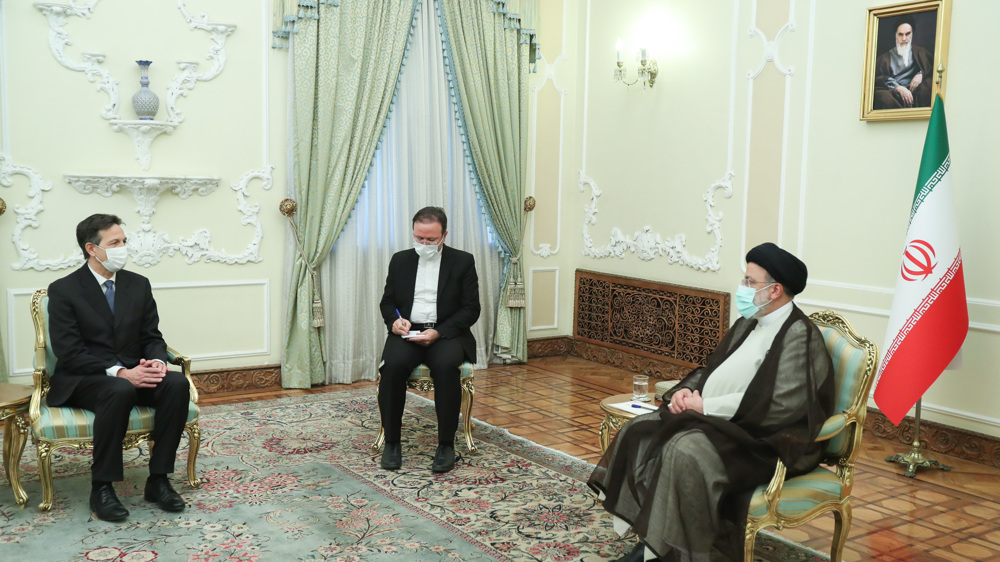
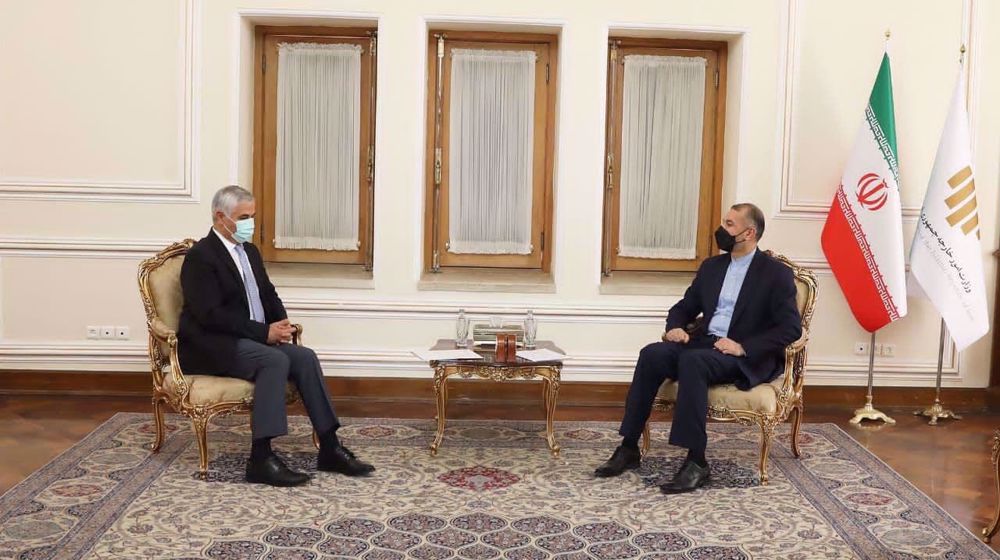
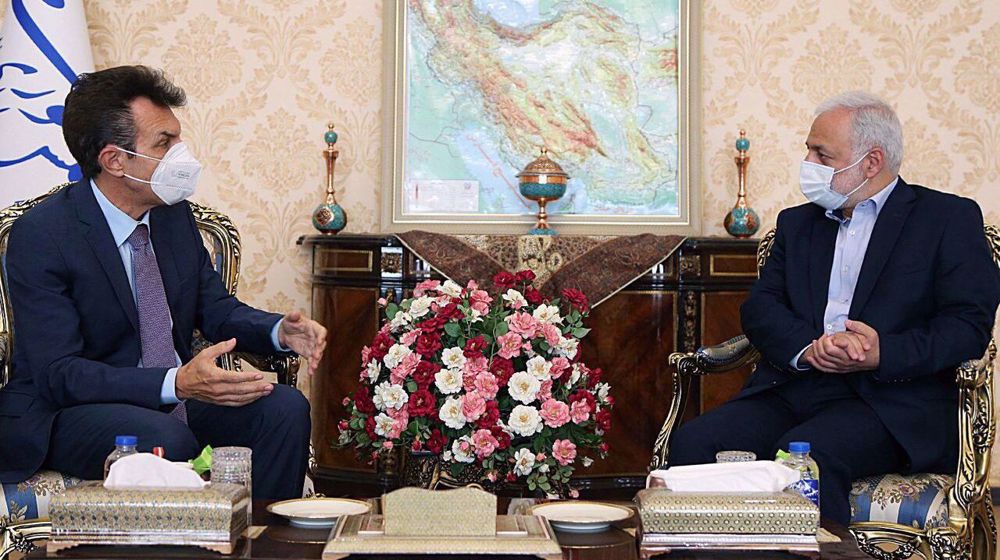
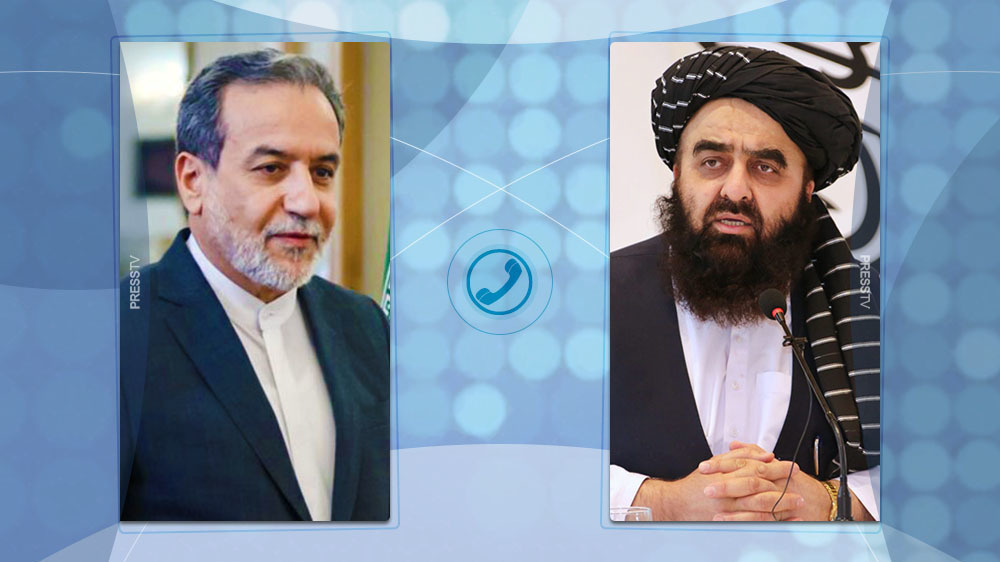
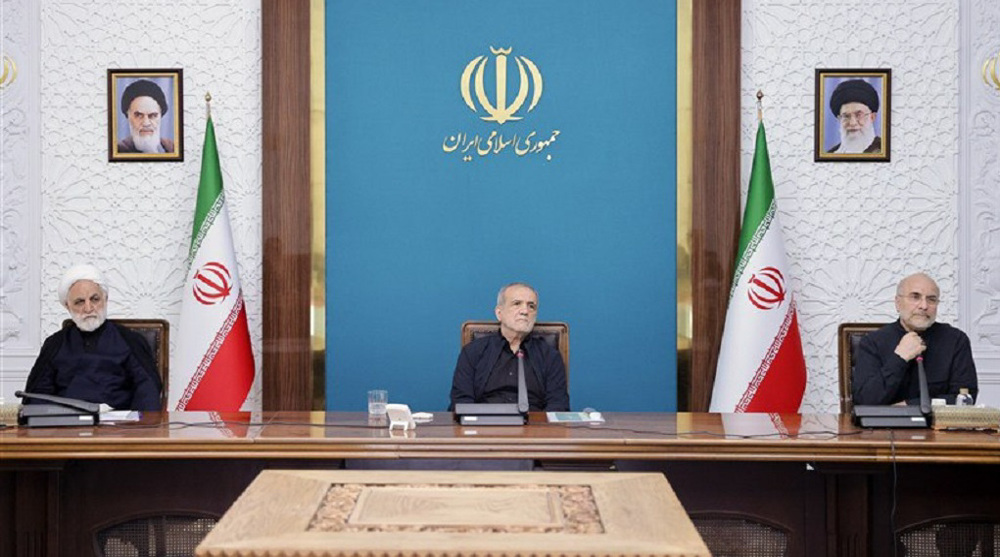
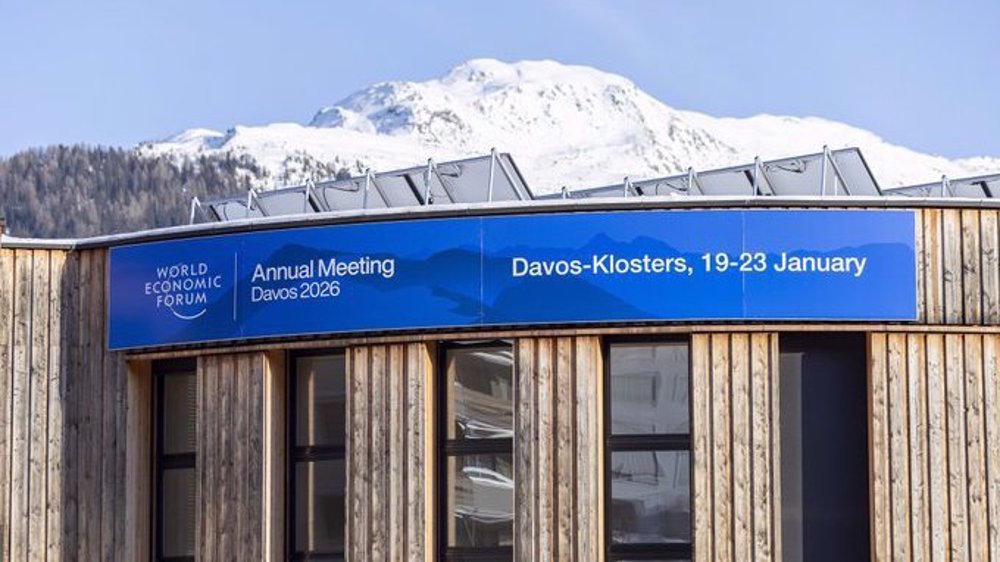



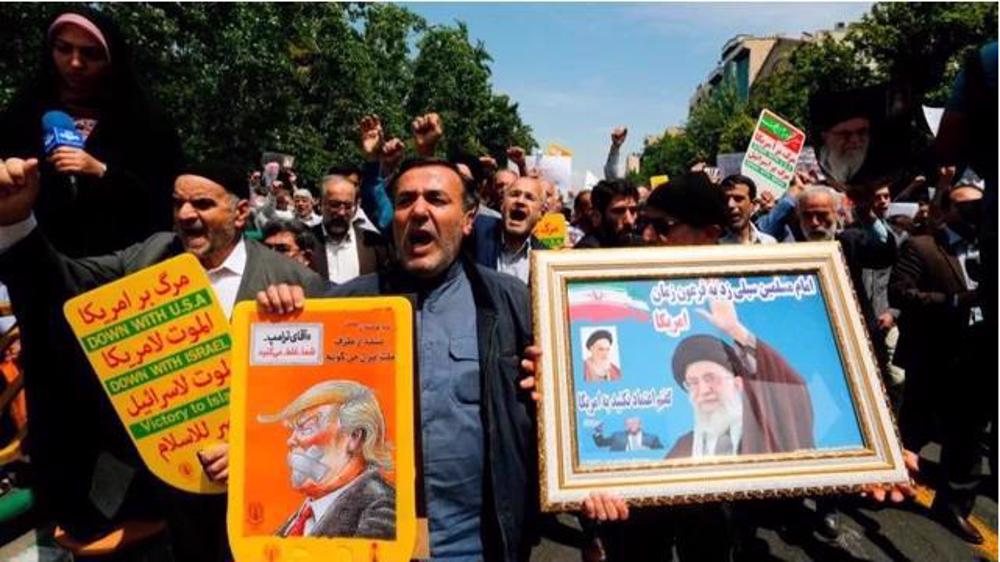
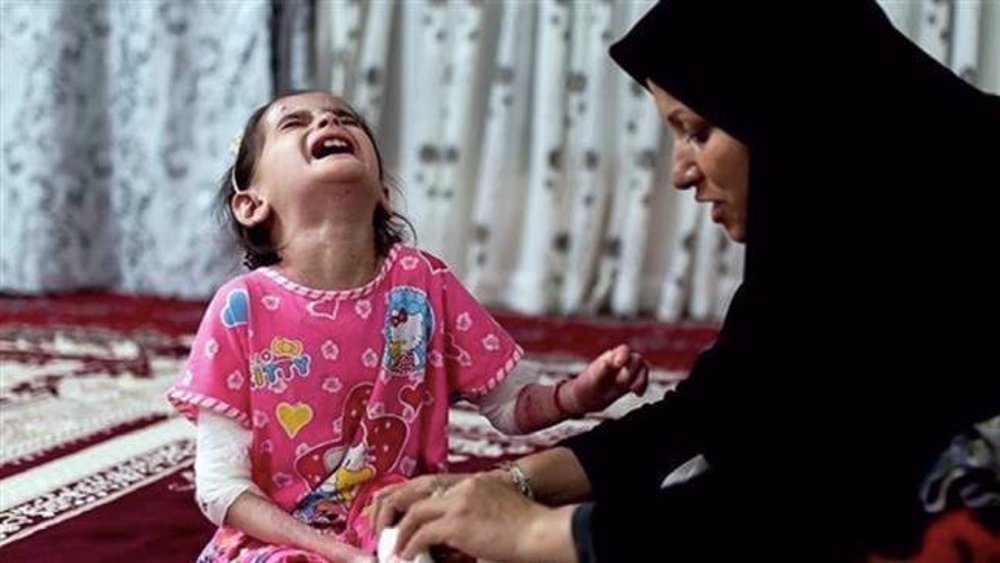
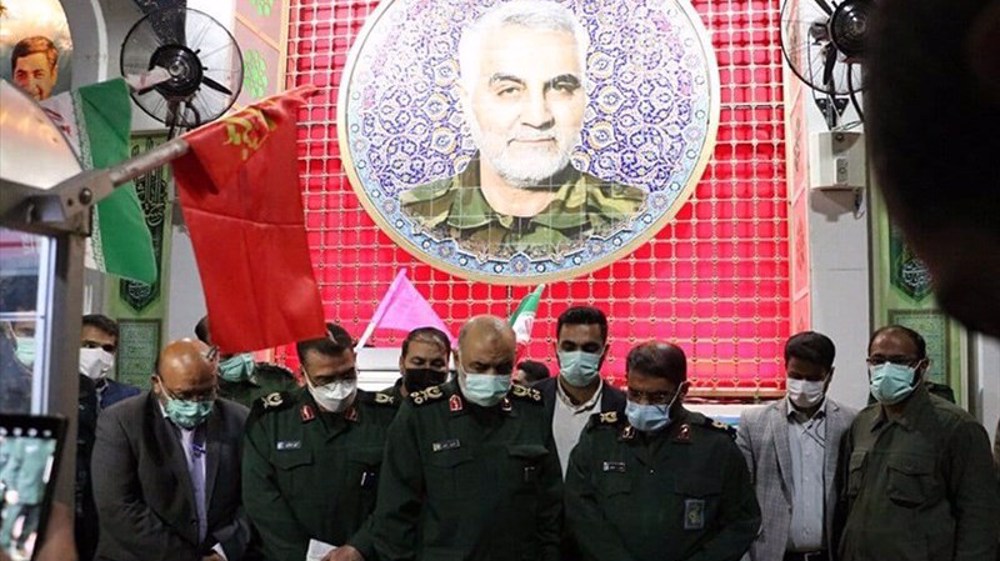
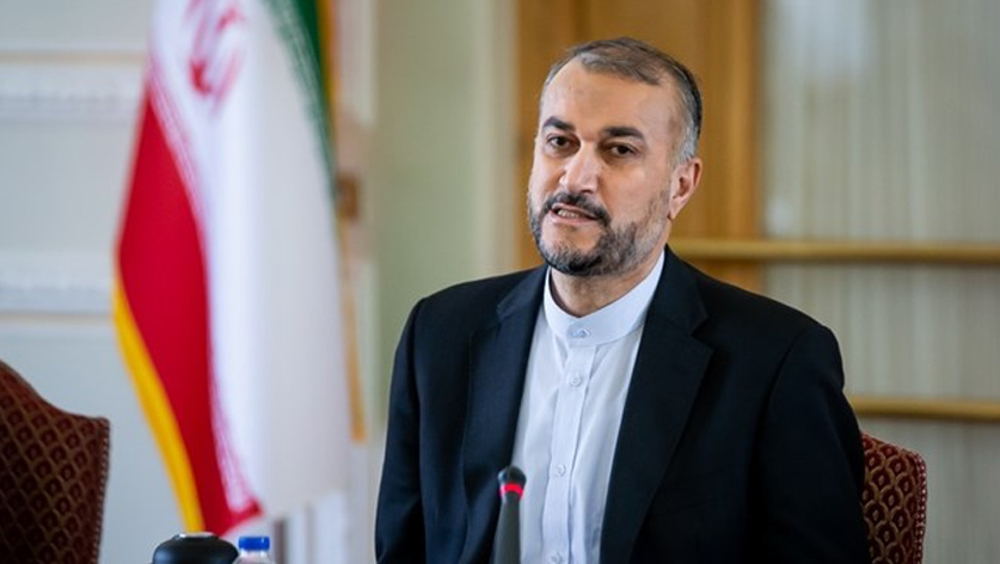

 This makes it easy to access the Press TV website
This makes it easy to access the Press TV website